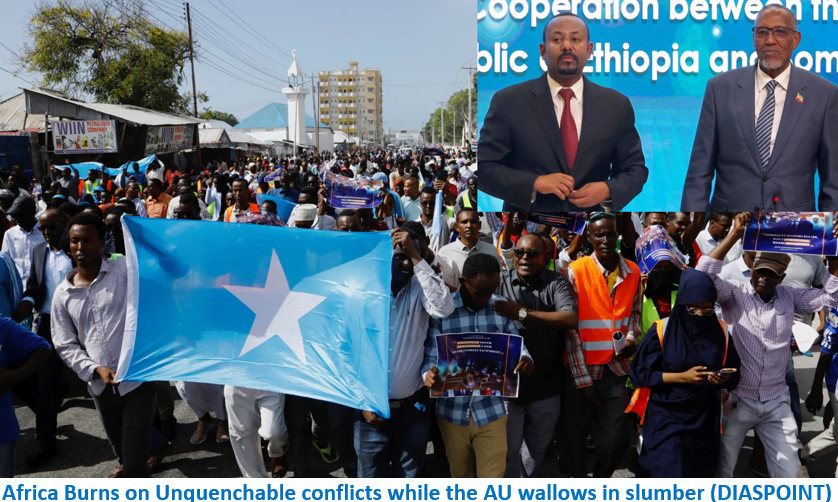Somaliland has been pursuing independence for 33 years. Expert explains the impact of the latest deal with Ethiopia
Post By Diaspoint | January 25, 2024

Somaliland declared itself an independent state in 1991. It used colonial boundary lines to separate itself from Somalia. More than three decades later, however, it has yet to gain international recognition. It has had a difficult relationship with Somalia. A recent memorandum of understanding to grant landlocked Ethiopia access to the sea threatens the relationship further. But it could support Somaliland’s quest for recognition as an independent state. We asked Aleksi Ylönen, who has studied politics in the Horn of Africa and Somaliland’s quest for independence, some questions about this situation.
- What has Somaliland achieved in its quest for statehood?
Somaliland unilaterally declared its independence in 1991, based heavily on its separate colonial experience from Somalia. Britain declared a Somaliland protectorate in 1884. Italy established another protectorate, which became a colony, in 1889.
British Somaliland gained independence on 26 June 1960. It voluntarily joined the former Italian Somaliland upon its independence on 1 July 1960 to form Somalia.
This union was never formally ratified and eventually fell apart.
A weekly email with evidence-based analysis from Europe’s best scholars
In the decades since 1991, Somaliland’s people and their representatives have emphasised their distinct colonial status and associated borders. Regional organisations and foreign powers have adhered to colonial boundaries when recognising independent states in post-colonial Africa.
Somaliland’s political system is democratic in a neighbourhood of authoritarian states like Djibouti, Eritrea, Ethiopia and the Sudans.
Somaliland has organised successful elections and peaceful transfers of political power. Recently, however, there has been some backsliding.
Its security apparatus is elaborate. With the active contribution of citizens, it has ensured a measure of internal stability and security in an otherwise troubled region.
Read More from original source
